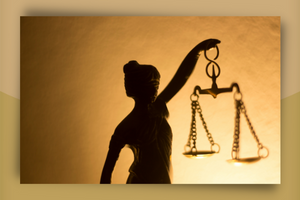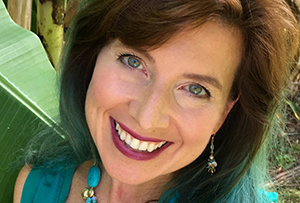Law Offices of
Heather Reynolds
Transformative Justice
Heather Reynolds’ Philosophy
Transformative Justice is the idea that we all play a part in creating a culture of safety and respect rather than domination or control.
Transformative Justice seeks to transform the source of the problem.
The philosophy of my law firm is to empower individuals to apply innovative interventions of a transformative nature into their own lives, their families, their communities, and society as a whole.
This is the foundation of my legal services as an attorney.
About Heather Reynolds
Heather Reynolds has focused her law career solely on California Estate Planning, Trusts and Probate Law since she opened her own law firm over 20 years ago. She is currently admitted to practice law before the California Superior and Supreme Court as well as the U.S. District Court, Northern District.
In 2003, she became a Specialist in Estate Planning, Trusts and Probate Law, certified by the State Bar of California, Board of Legal Specialization.
Her served as a successful civil rights litigator in Oakland for two years prior. This gave her a practical perspective on the benefits of keeping her clients out of court whenever possible. To this day, she remains passionate about her clients’ freedom from government control by helping them avoid probate.
Having graduated with honors from Georgetown Law Center in 1998, she spent her final year of law school at Boalt Hall, U.C. Berkeley, as a visiting scholar where she also made the honors list.
By 2016, she had represented thousands of clients and was voted “Best Attorney” in Alameda, California (Alameda Magazine 2016).
Attorney Heather Reynolds (formerly Heather Tremain) was featured in Forbes Magazine in December 2009, as one of the top 10 providers of legal services in the State of California, as determined by Goldline Research.
Take a look at the Forbes Magazine article.
Read more about Heather’s work in this Huffington Post article!

Civil Rights Attorney Bio
About Heather Reynolds
Heather’s passion for women’s rights began when she spent a year in Istanbul, Turkey, as a student ambassador through Rotary International. Little did she know she had been purchased at a Rotary auction by the highest bidder to tutor the nine-year-old daughter of a Turkish businessman.
Heather was not allowed to leave the apartment for 6 months except to attend school. She was 19 at the time. After secretly negotiating to find a new host family with her school counselor, Heather was finally allowed to be escorted outside the home.
Upon returning to the United States after this life-changing year, Heather completed her college studies and enrolled into the Georgetown Law Center. She focused on Civil and Human Rights winning the national Pro Bono Publico award for her non-profit project empowering service workers on Capital Hill. The Capital was considered the “Last Plantation” because of its racial divide.
In hopes of making a difference without losing her soul, she followed her passion for social justice to finish law school at Boalt Hall, Berkeley, California, where she became a civil rights attorney under the mentorship of George Holland, an esteemed African-American litigation attorney in Oakland.
Over 20 years later, Heather continues to transform the practice of law by balancing a traditionally masculine system with feminine wisdom and instead of looking for power outside of herself, she finds it within. She’s not willing to settle for basic human rights. She wants ALL of us to reach our greatest potential — freedom and fulfillment for all.
She hopes that one day, everyone, everywhere can know and expect informed consent to be the norm in a world where everyone feels safe.

